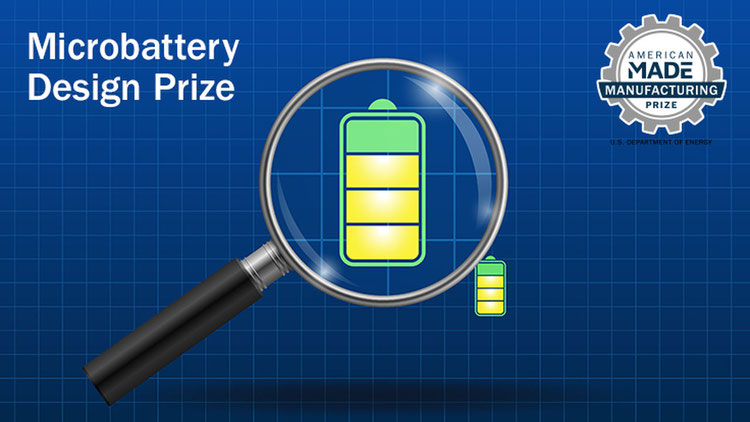Computing power that once fit in a room now fits in our pockets or on our fingertips. Microelectronics continue to transform society, but emerging applications for these tiny technologies requires new cutting-edge battery designs to meet demand.
The U.S. Department of Energy (DOE) Advanced Materials and Manufacturing Technologies Office launched the Microbattery Design Prize to supercharge this opportunity. This two-phase prize will help inspire promising designs for small-capacity batteries that yield devices with improved performance, safety, and recyclability.
The prize is designed to advance innovative new designs for microbatteries and accelerate their commercialization and integration into existing technologies needed for clean energy manufacturing, like sensors for improved smart manufacturing processes or for grid monitoring to help more renewable energy sources come onto the grid.
The prize also aims to close existing gaps in the microelectronics and energy storage supply chains, which will strengthen both U.S. manufacturing competitiveness abroad and domestic end-to-end supply chains for these technologies.
Prize Structure

The Microbattery Design Prize has two phases that will run from 2023 to 2024. During Phase 1, also called the Idea Phase, competitors will develop and submit technical designs and schematics for microbatteries that serve a specific application and meet certain performance goals that go beyond what is commercially available today. During Phase 2, also referred to as the Test Phase, competitors will create prototypes they can submit to DOE national labs for performance and safety testing. Graphic by John Frenzl, National Renewable Energy Laboratory
The Microbattery Design Prize offers a total prize pool of $1.1 million in federal funding, and performance and safety testing services with DOE national laboratories.
Phase 1: Idea
In Phase 1, teams will submit designs for batteries, including descriptions, technical specifications, intended applications, and impacts. Up to six winning teams will each receive a $75,000 cash prize and performance and safety testing services with DOE national laboratories.
Phase 2: Test
In Phase 2, open only to winning teams from Phase 1, competitors will submit technical data from battery testing prototypes of their winning designs, along with techno-economic analyses and business plans, as well as letters of support from potential commercial partners, if available. At the end of Phase 2, one winning team will receive $300,000, and up to two runners up will receive $175,000 each in cash.
The Microbattery Design Prize is open only to private (for-profit and nonprofit) entities; nonfederal government entities, such as those at state, county, tribal, and municipality levels; academic institutions; and individuals. More information can be found in the official Microbattery Design Prize Rules document[CL1] .
Please review the official rules for the complete application process and instructions for competing.
If you have any questions, please subscribe by using the contact feature on the HeroX platform or message us directly at .





